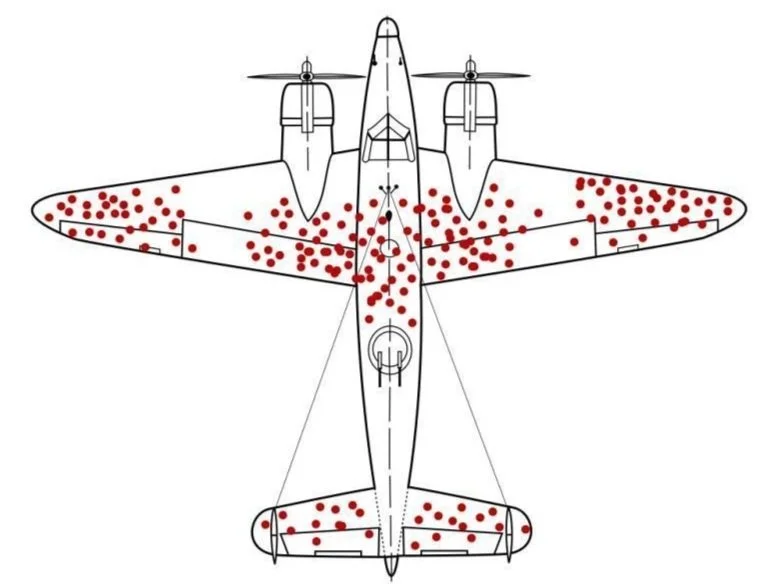A view from Dave Trott: Big data v. smart data
by Dave Trott - June 04, 2015
Nate Bolt is Research Manager at Facebook.
He says he learned a great lesson at college about the use and the mis-use of data.
Nate’s class was in the ‘Distributed Cognition Human Computer Interaction Laboratory, Department of Cognitive Science’.
Nate says the most influential lesson he was taught was the story of Abraham Wald.
Wald was a mathematics professor.
During World War 2, he was asked to work on a military problem.
The United States Air Force was losing too many bombers to enemy fire.
The planes obviously needed more armoured protection.
But they couldn’t armour the entire plane, it would be too heavy.
So data was collected from all the damaged planes that made it back.
The obvious reaction was to put the armour over the areas that were most damaged.
That was the obvious reaction to the data.
Abraham Wald said it was also exactly the wrong reaction to the data.
He said they were misinterpreting the data.
Where they should put the armour was around the undamaged areas.
Everyone thought he was nuts.
Wald explained the data revealed the bombers that made it back were all damaged in the same areas.
But they made it back even with that damage.
The more important data was all those that made it back were also UNdamaged in the same areas.
Which was a totally different way to look at the data.
Because it meant the undamaged areas were what allowed the planes to make it back.
The damage hadn’t stop any of those planes returning.
So the real problem must be damage to the areas that were undamaged on the planes that returned.
It felt wrong, a case of cognitive dissonance.
And yet logically it made sense.
Therefore the areas that should get the extra armour were exactly the areas that didn’t seem to need it.
This was a revolutionary way to interpret data.
It showed that data wouldn’t do the work for you.
That data was just information.
It needed a human brain to work out what it meant.
Nate Bolt said that lesson now dictates the way they use big data at Facebook.
He says "Everyone’s done data collection where you gather all the metrics but it’s easy to make the wrong inferences from data.
At Facebook, the thing we apply most is, there’s a creative part to understanding quantitative data that requires a sort of artistic or creative approach."
So there you have it.
Nate says Facebook know data alone won’t give you the answer.
Facebook have more data than anyone on the planet.
But they know the numbers can only tell you what’s happening.
They can’t tell you why.
For that you need a human mind capable of creative thinking.

